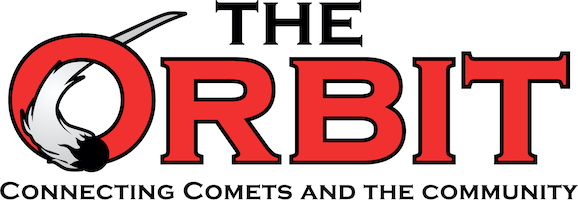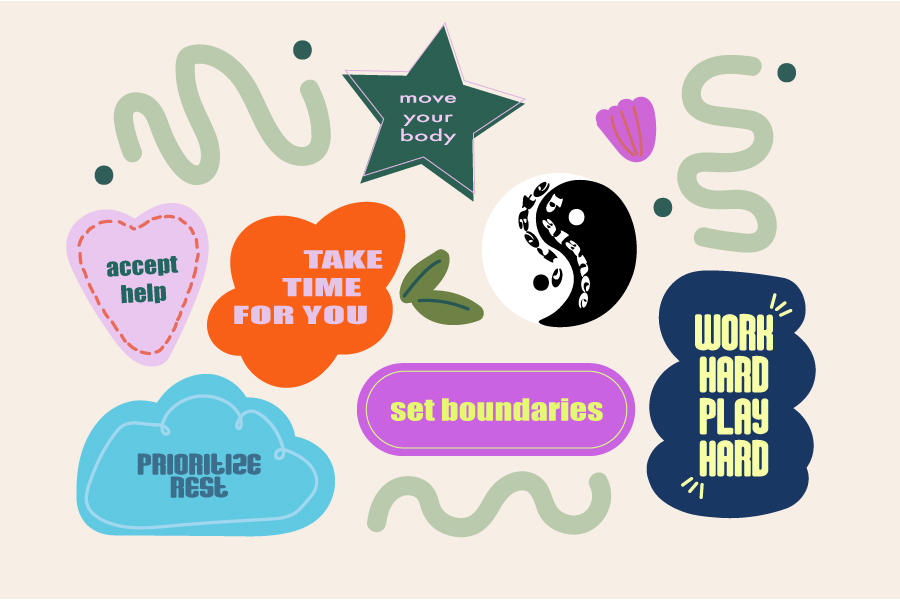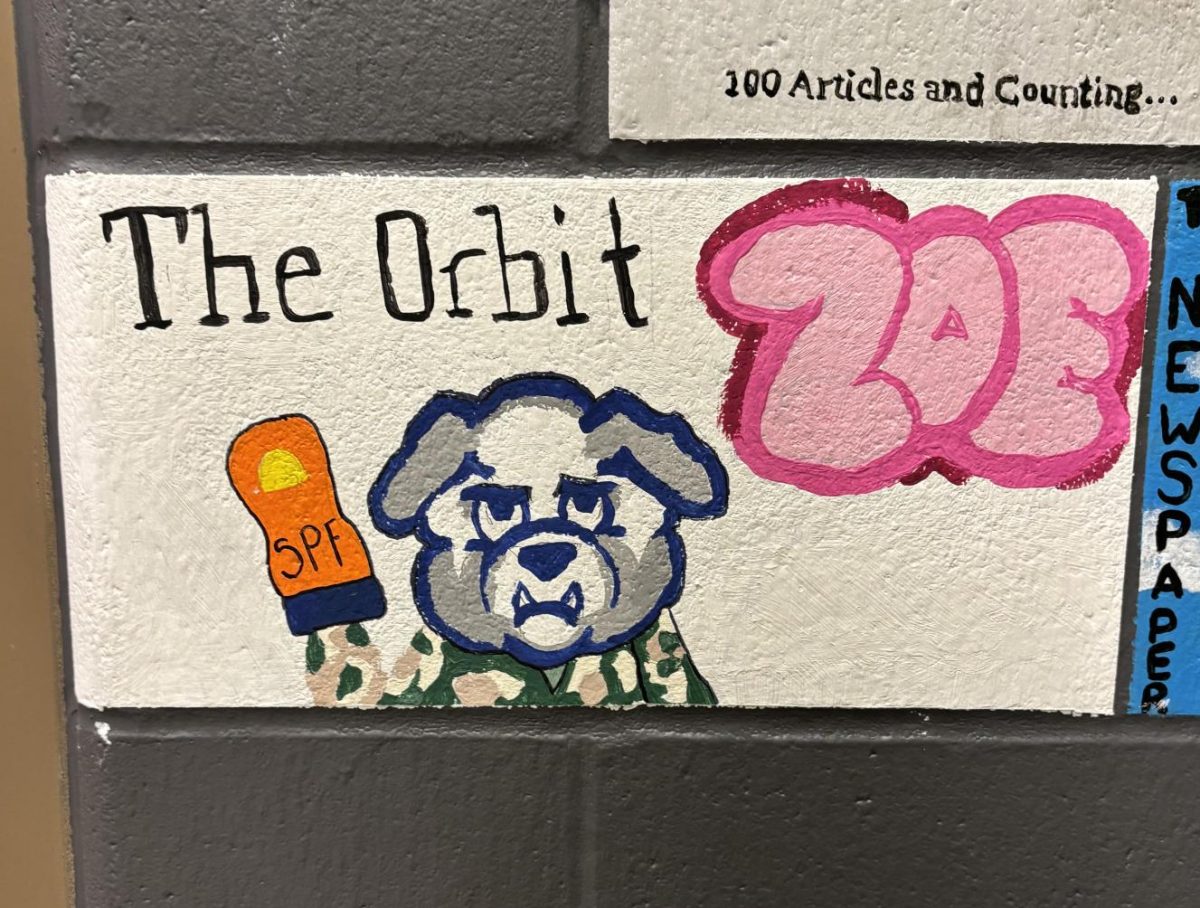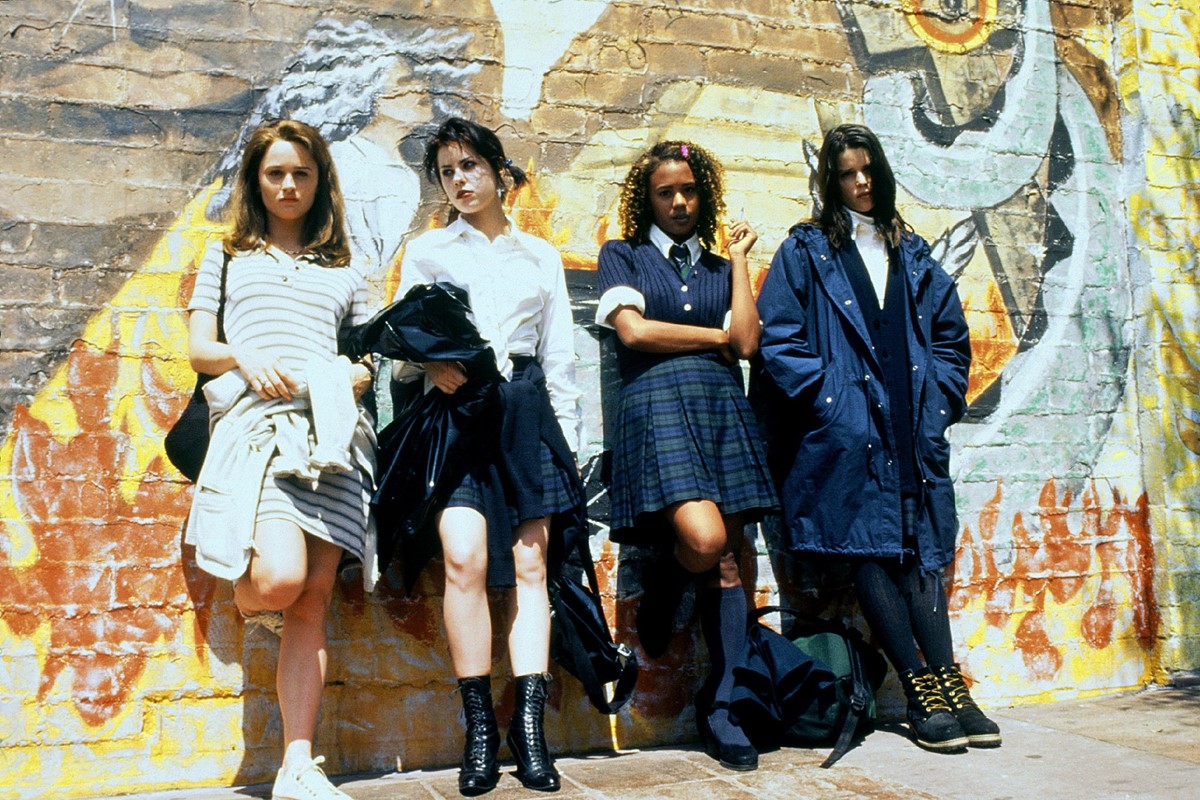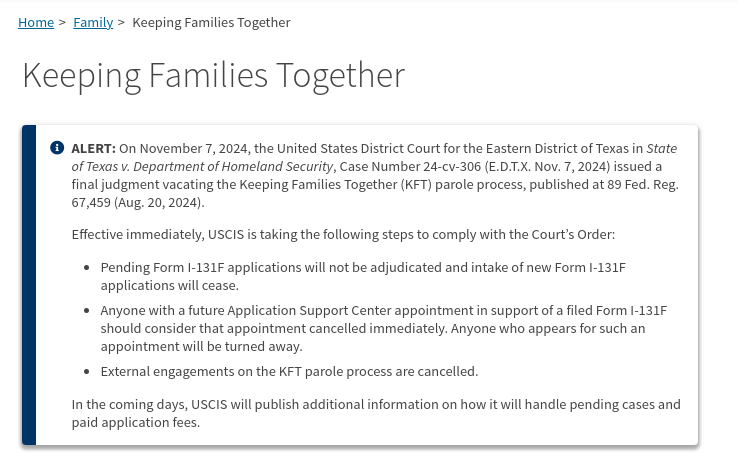Freshmen Funk, Sophomore Slump, Junior Jitters and Senioritis– all phrases coined by students as an explanation for dropping grades, late assignments and bad procrastination habits. However, the actual term students may be searching for is academic burnout.
Burnout is described as a “negative emotional, physical and mental reaction to a prolonged study that results in exhaustion, frustration, lack of motivation and reduced ability in school” in a University of Georgia article.
In this article, the effects of burnout on students throughout their academic careers will be highlighted within the North Polk student body.
Freshmen Funk
The effects of academic burnout are most likely not felt amongst many freshmen in the same way as upperclassmen as they have not been in high school long enough to feel the prolonged stress. However, that fact does not mean that freshmen are “having it easy” as many struggle in the transition to high school classes. Freshman Carly Cupp provided some of this insight into an average freshman’s thoughts on the concept.
“I think it’d be hard not to feel academic burnout when I do the same thing every day, and most of the classes feel useless to me. Even though my courseload is quite easy, I still get tired of the same routine, day in, and day out. The feeling of academic burnout began sometime in middle school. This is probably because we stopped having fun at school and were expected to focus all day,” Cupp described.
In regards to trying to combat said academic burnout, schools may suggest seeking aid from advisors; while this is surely appreciated, it seems one’s motivation may be more difficult to “fix.”
Cupp further explained, “[a]lthough we have a school counselor available to chat with, sometimes that may not be enough. If a student is really struggling with staying caught up on their work, talking to someone about it can only do so much. Nobody can motivate them to get assignments done and stay caught up if the students don’t really care.”
Sophomore Slump
An anonymous North Polk sophomore described how they may not feel burnt out yet, but school is a stressful experience for them.
The sophomore explained “[they] do not think it is early enough in [their] academic career to feel academic burnout per se, however, [they] do think [their] academic workload feels really overwhelming and unmanageable sometimes.”
While underclassmen may not be far along in their time at the high school and college level courses, the impacts of these course loads are still being felt by students and will continue to affect them in the future as these workloads increase.
The sophomore additionally described that “[w]hen it gets to this point in the semester where [they] already have a decent amount of good grades in Infinite Campus it is easy to get into a mentality of where [they] don’t have to do this assignment because [they] know [their] grade won’t drop that much so ‘what is the point?’”
Junior Jitters
As students’ junior year begins to set in and students feel transitioned into what many consider the most difficult year in high school, academic burnout may begin to settle in as well.
Junior, Mya Bond, described her junior year courseload as “…moderately difficult. [She] ha[s] a couple of college classes, but also some fun electives. [Her] classes and schedule is manageable if [she] can stay on top having good work habits. “
While many’s classes get significantly harder in junior year compared to their previous years in high school juniors may begin to struggle with the stress.
“I do feel academic burnout in certain classes and I think a lot of other people can relate to that. I have felt academic burnout since the end of freshman year,” Bond divuldged.
The ability of students to cope with these stresses is incredibly important and by working through these feelings of burnout by having hobbies and healthy and encouraging relationships these negative effects may be mitigated.
To help manage these feelings Bond “make[s] sure to get [her] homework done as soon as possible so [she] can enjoy the rest of [her] night and extracurricular activities. [She] also take[s] breaks from homework to give [herself] a brain break such as biking or running.”
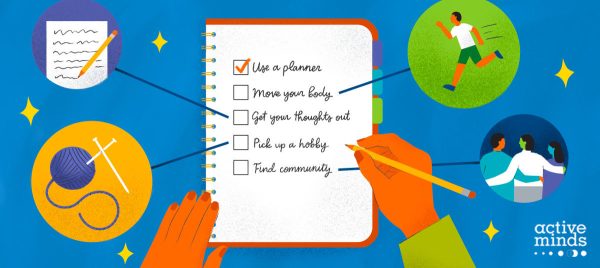
Senioritis
Senior, Addison Ollendike, has felt the effects of long-term academic stress leading up to burnout starting in the second semester of junior year and especially in her senior year. Despite having a reduced courseload for senior year, manageability and stress levels have remained difficult throughout high school.
Ollendike explained, “[she] was actually a really good student up until junior year, and then it got hard and [she] lost motivation and tests became too much. It wasn’t the load [she] had, it was just thinking about college, ACT, SAT and just the future in general and not knowing. Then having to do work that [she] do[esn]’t feel is necessary and has nothing to do with what [she] want[s] to do in life. [She] just didn’t see a point.”
When asked if she thinks most high school students are good at managing both their stress and schoolwork she replied “[n]o, [she] do[esn]’t think so. [She] think[s] some people are but [she] think[s] even if you can’t see it people are struggling to get things done even if they still turn things in on time it’s still depressing and hard to do it. They just need a break.”
